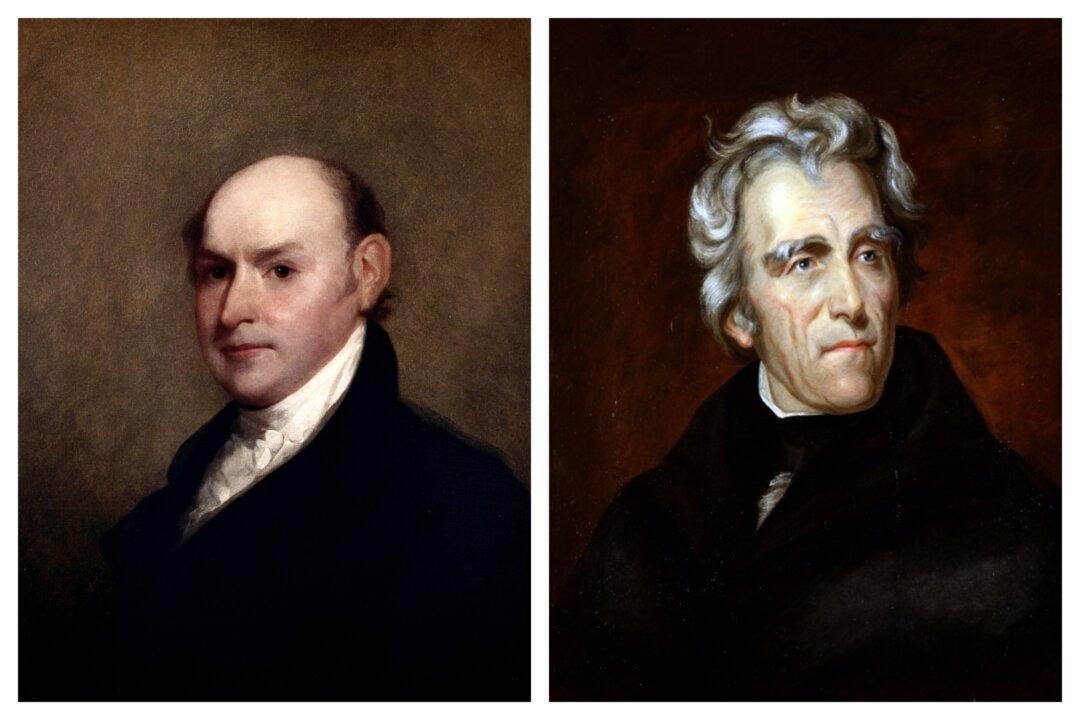Andrew Jackson’s success as commander of the Seventh Military District against the Creek Indians led to a promotion and a new assignment. He was promoted to major general and was directed to defend the crucial port city of New Orleans against the British. The appointment led to the final climactic act of the War of 1812.
It was during this week in history, on Dec. 1, 1814, that Jackson arrived in New Orleans and began accumulating an almost comic array of soldiers. Among the regular United States troops, the defenders of New Orleans included frontiersmen from Tennessee and Kentucky, militiamen from Louisiana, sailors, marines, New Orleans businessmen, free men of color, Choctaw Indians, and even a collection of pirates, led by Jean Lafitte. There were 5,700 in Jackson’s army.






